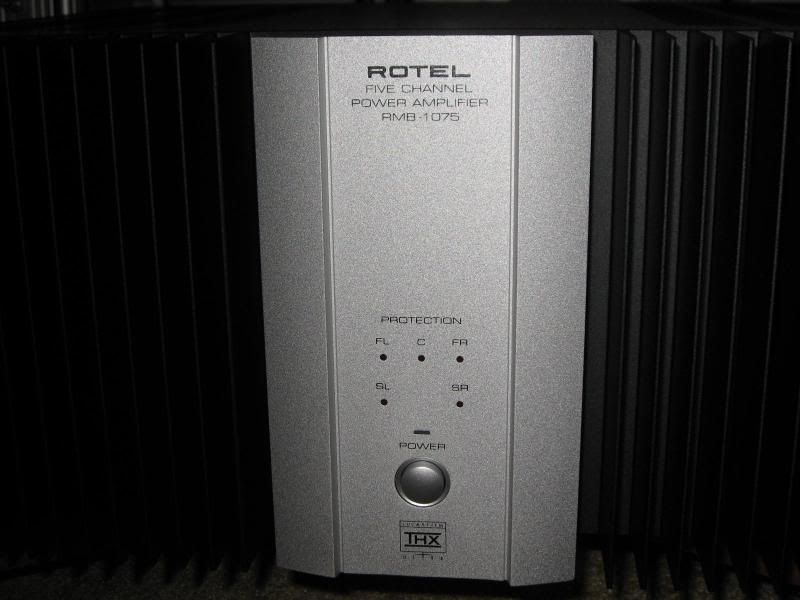Quote:
Originally Posted by TENSE

do i need an amplifier if my speakers out put more watts than my receiver.?
for example my receiver out puts 660 watts and my speakers need 890 watts
is that ok?
|
Ok couple of things:
1 - speakers do not output anything other than sound. So when you read a wattage spec on speakers, they relate to input wattage (the maximum power they can handle) not output.
2 - To answer your question - no you don't
need an amplifier if your receiver puts out less power than your speaker maximum. However, if you run your receiver hard (as in close to maximum volume), it could damage your speakers as the amplifier section in the receiver is most likely be clipping. Clipping is what leads to speaker damage.
Clipping is distortion of the amplified signal when you ask your amplifier to amplify a signal beyond what the power supply can handle. Imagine a nice clean sine wave, when an amplifier is pushed to clipping, the top and bottom of that sine wave are clipped off. The signal is clipped because the power supply section of the amplifier (or receiver) can no longer provide enough power to the amplifier section to cleanly amplify the signal.
That clipped off portion basically represents a dc current (like a battery) to the speaker and creates heat in the voice coil of the speaker. Too much clipping and the voice coil overheats and you damage your speaker.
A good rule of thumb to stick by to somewhat protect yourself from clipping is to never exceed 70% on your volume control.

































 Linear Mode
Linear Mode

